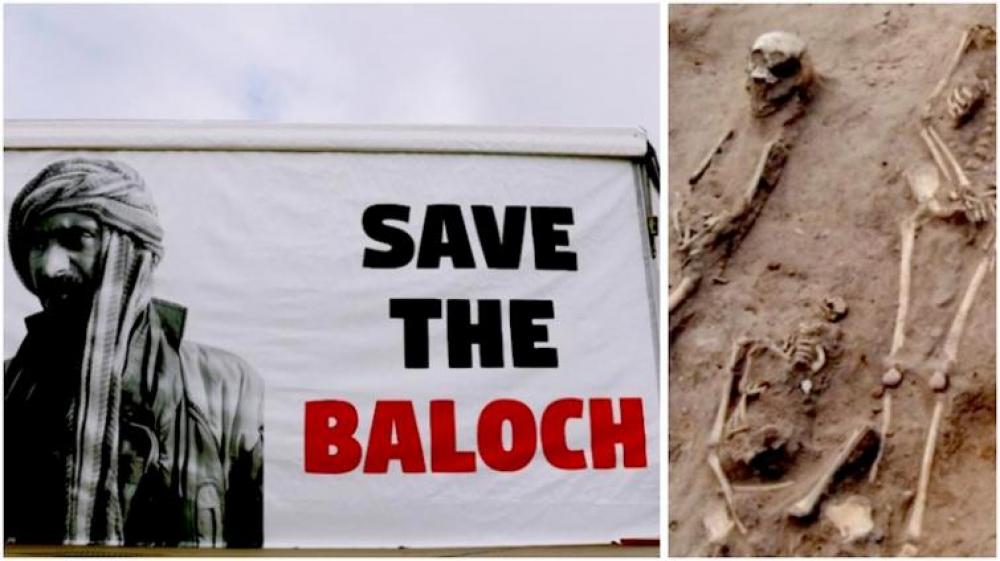Just Earth News | @justearthnews | 04 Oct 2020, 03:15 am Print

Geneva: Munir Mengal, the President of Baloch Voice Association, has targeted Pakistan and said Islamabad has opted for a strategic policy of colonialism and structural discrimination in Balochistan.
Making an intervention during the ongoing 45th Session of UN Human Rights Council in Geneva on Thursday, Mengal was quoted as saying by ANI: "On one side the Baloch are facing systematic military operations, displacements, enforced disappearances, on the other side state have deprived them of presenting their culture, reading, writing their mother language, barred from cultural norms and traditions. Just to eliminate their identity."
“Out of 13,000 over 9,000 schools in Balochistan are without drinking water and toilets,” he said.
He quoted the Baloch Peoples’ Congress, a political party, saying, “The Conspiracy to detach the Baloch from its identity is on the peak, PM Imran Niazi has announced a package naming it for 'Southern Balochistan'.
“For us, this is a conspiracy to divide Balochistan and maintain occupation with ease. Unfortunately on the other side, Iran is also doing the same, by deleting the name of Balochistan from textbooks and maps," he was quoted as saying by ANI.
- Viral Irish food bank photo sparks shocking racist attacks on Indians
- Caught on camera: Two foreigners assaulted in Israel in an alleged racial attack
- Pakistan: Parents heartbroken after court sides with man accused of kidnapping minor Christian girl
- Pakistan: Trafficked 35 years ago, Bangladesh-born woman approaches court against FIA for offloading her from flight!
- Hindu tea worker found bound and bloodied in Bangladesh garden during general elections; investigation underway





-1763561110.jpg)
